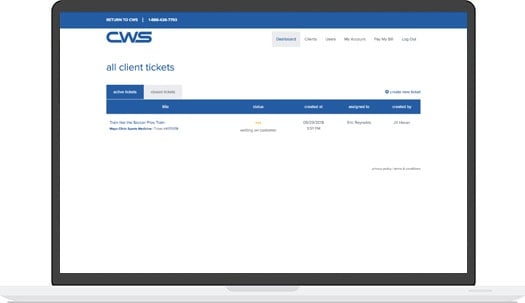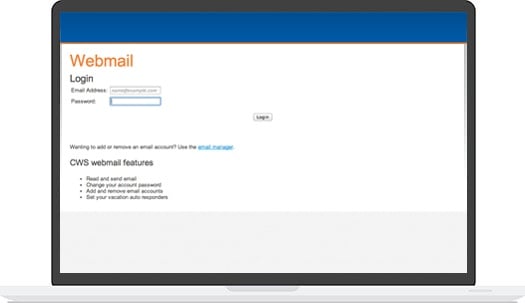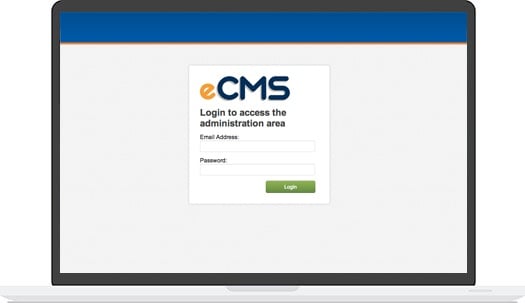Website owners commonly use more than one address to route traffic to a single website. This practice is called domain pointing. Although the concept is relatively simple, there are actually several separate systems involved, so it's helpful to understand what's happening when you set up or change a pointer.
DNS (Domain Name Service)
Anytime you ask your computer to access a website, it has to map the friendly address you typed in (for example, http://www.cws.net/) to an IP address, which works much like a phone number -- it's uniquely tied to the server that will ultimately handle your request. That DNS query is a lot like looking up a person's phone number based on their name in a phone book, but the computer also needs to know where to find the information in the first place.
When you register a domain, you give the registrar (Network Solutions, for example) two or more name servers that will provide this information. Usually these are provided by the same company that hosts your website.
[Download your FREE copy of 22 Hacks to Drive Traffic, Leads, and Sales!]
Web Server
Once a name server gives the requesting computer an IP address, it can connect to the server that holds the website. Often a single IP address can be used for many different sites, so the server software acts like a switchboard operator, examining each request and sending it to the right place. When multiple addresses are pointed at a single site, it must be configured to accept traffic for each one.
Setting up or changing a domain pointer requires that, for each address:
- The registrar has the correct name servers listed.
- The name servers report the correct IP address.
- The Web server accepts and correctly handles the incoming traffic.
People set up domain pointers for many reasons -- most commonly to accommodate misspellings or variations on a company name. Sophisticated marketers might use a particular domain exclusively with different advertising channels and monitor the performance of each.
However, there is a danger to watch out for. Search engines like Google may consider each domain as a separate website, and if there are too many with perceived "duplicate" content, they may not rank as well in search results. It's often better to choose one address as the primary, and redirect traffic from the others to it.
Registering alternate domains can be a valuable tool in your Web marketing efforts, but it's important to make sure all the moving parts are covered. Drop us a line at support (at) cws (dot) net if we can help.

.jpg?t=1533315998368) How-To Articles
How-To Articles Support Portal
Support Portal Webmail
Webmail Rapid Newsletter+
Rapid Newsletter+ eCMS
eCMS


 Our content team is made up of thought leaders, strategists, and content creators who have more than 70 years of combined experience. With a wide variety of backgrounds as entrepreneurs, marketing gurus, healthcare associates, as well as plenty of experience in other industries, we help grow businesses with our relevant, trusted, and helpful resources.
Our content team is made up of thought leaders, strategists, and content creators who have more than 70 years of combined experience. With a wide variety of backgrounds as entrepreneurs, marketing gurus, healthcare associates, as well as plenty of experience in other industries, we help grow businesses with our relevant, trusted, and helpful resources.
